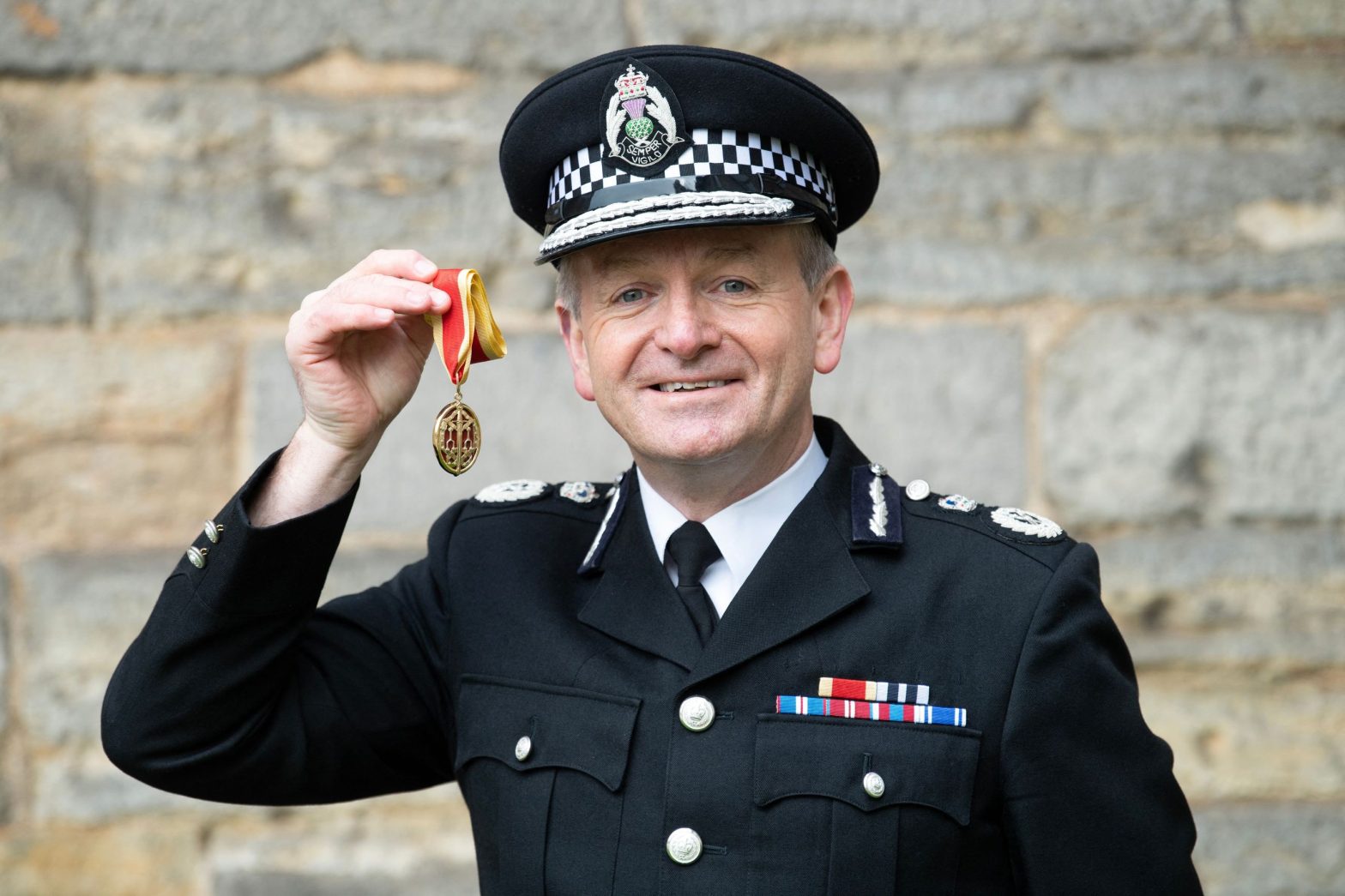
SIR IAIN Livingstone, the chief constable of Police Scotland, acknowledged in public that the police force had institutionalised racism and discrimination.
The acknowledgment was applauded by activists but sparked calls for action.
Speaking on Thursday (25) morning during a meeting of the Scottish Police Authority (SPA), Sir Iain Livingstone said it is appropriate for him to address the problems within the force, despite the term having the potential to be “misinterpreted or misrepresented as unfair and personal critical assessments of police officers and police staff as individuals.”
Sir Livingstone added: “It is right for me, the right thing for me to do as chief constable, to clearly state that institutional racism, sexism, misogyny, and discrimination exist.
“Police Scotland is institutionally racist and discriminatory.
“Publicly acknowledging these institutional issues exist is essential to our absolute commitment to championing equality and becoming an anti-racist service. It is also critical to our determination to lead wider change in society.
“Prejudice and bad behaviour within policing, as highlighted by court and conduct cases, various independent reviews and by listening to our own officers and staff over recent years, is rightly of great concern and is utterly condemned.
“There is no place in Police Scotland for those who reject our values and standards.
“Our vigilance as an organisation has never been stronger, rigorous recruitment; enhanced vetting; more visible conduct outcomes; and a focus on prevention.”
Police Scotland is now the largest force to do so publicly, although chief constables from the Bedfordshire force and the British Transport Police have made similar statements, and there have been repeated calls for the Metropolitan police to follow suit in the wake of the Casey review.
The chief constable’s remark, according to Martyn Evans, chairman of the Scottish Police Authority, was a “watershed moment” for police in Scotland and the UK.
As a person of colour, First Minister Humza Yousaf described the admittance as historic and monumental.
Yousaf claimed to have first-hand knowledge of police discrimination after being “searched over a dozen times as a young boy, whether it was in my car or walking with my friends in the street or in airports”.
He added: “The acknowledgment from the chief constable is very welcome indeed. I hope it also serves as a reminder to all of us that in whatever organisation we lead that we examine and reflect on whether we are doing enough to dismantle those barriers.”
An employment tribunal determined that Rhona Malone, a former firearms officer, had been victimised by a “horrific” boys’ club culture in the force’s elite armed response unit.
“Why now – when the information and intelligence has been there for years, and women’s lives have been ruined – when he could have intervened?” Malone said in response to the statement, hoping it would assist serving officers.
She was awarded over £1 million in damages last year.